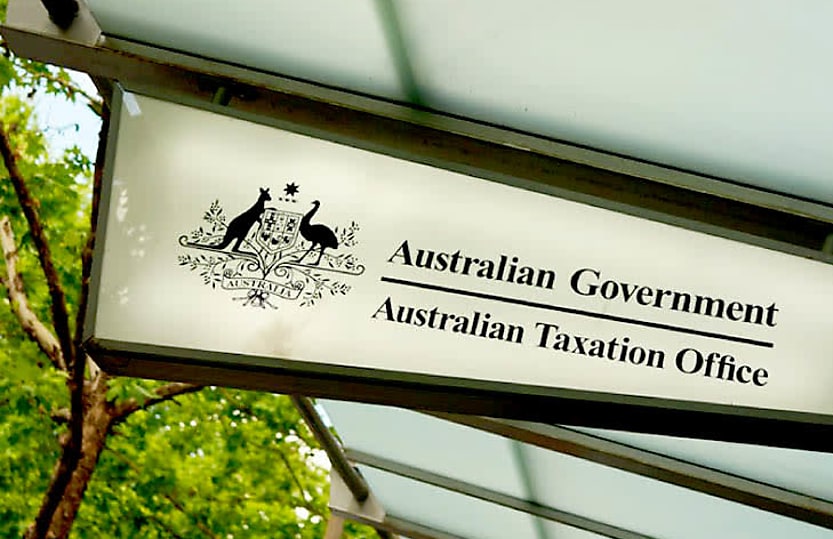ATO issues alert on guarantee arrangements and Division 7A

A new taxpayer alert raises concerns about certain arrangements involving guarantees by private companies for third-party loans.
The ATO this week has issued taxpayer alert TA 2024/2 and taxation determination TD 2024/D3 which explain its views on where section 109U of the ITAA may apply to arrangements where a private company gives a guarantee to another private company.
The ATO issued the taxpayer alert to warn entities and tax practitioners about its concerns regarding contrived arrangements seeking to circumvent Division 7A.
"The arrangements involve a profitable private company guaranteeing a loan made by a bank, or other financial institution, to a related private company with - minimal or no distributable surplus. Amounts are then loaned or paid to a shareholder or associate of a shareholder," the ATO said.
"We consider the arrangements are not effective and that Division 7A would apply to deem the private company which gave the guarantee to have paid an unfranked dividend. Alternatively, Part IVA of the Income Tax Assessment Act 1936 (the general anti-avoidance rule) may apply."
The ATO stated in the taxpayer alert that it is currently reviewing arrangements under which:
- A private company (the first company) guarantees a loan made by a financial institution to a related private company that has no or minimal distributable surplus.
- The related company on-lends (or pays) some or all of the amount borrowed from the financial institution to the first company's shareholders (or their associates) on terms that do not comply with the requirements of Division 7A of the Income Tax Assessment Act 1936 (Division 7A).
The Tax Office said the alert only applies to arrangements which, when viewed objectively, involve a series of steps that are intended to circumvent the operation of Division 7A.
The ATO said it is concerned that taxpayers may be entering these arrangements on the misunderstanding that section 109U, within Division 7A, only applies if the third-party lender is a private company.
"This is not the case. Section 109U requires the entity which makes the payment or loan to the shareholders to be a private company, but it does not require the entity to which the guarantee is given to also be a private company."
BDO tax partner Mark Molesworth warned the ATO will need to be careful with its approach set out in the alert and determination as taxpayers may innocently fall into these situations with no intention to avoid tax.
Molesworth said while the ATO said it will only pursue arrangements that are objectively designed to get around Division 7A, it doesn't provide any detail on what objective facts would mean that the arrangement is considered to be an attempt to get around Division 7A.
"We're relying on the Commissioner's approach which is not ideal for certainty for taxpayers," he said.
"Its also been dropped two weeks before Christmas so advisors and their clients are now going to be scrambling around working out who's provided guarantees to banks and who the banks have lent to."
About the author

